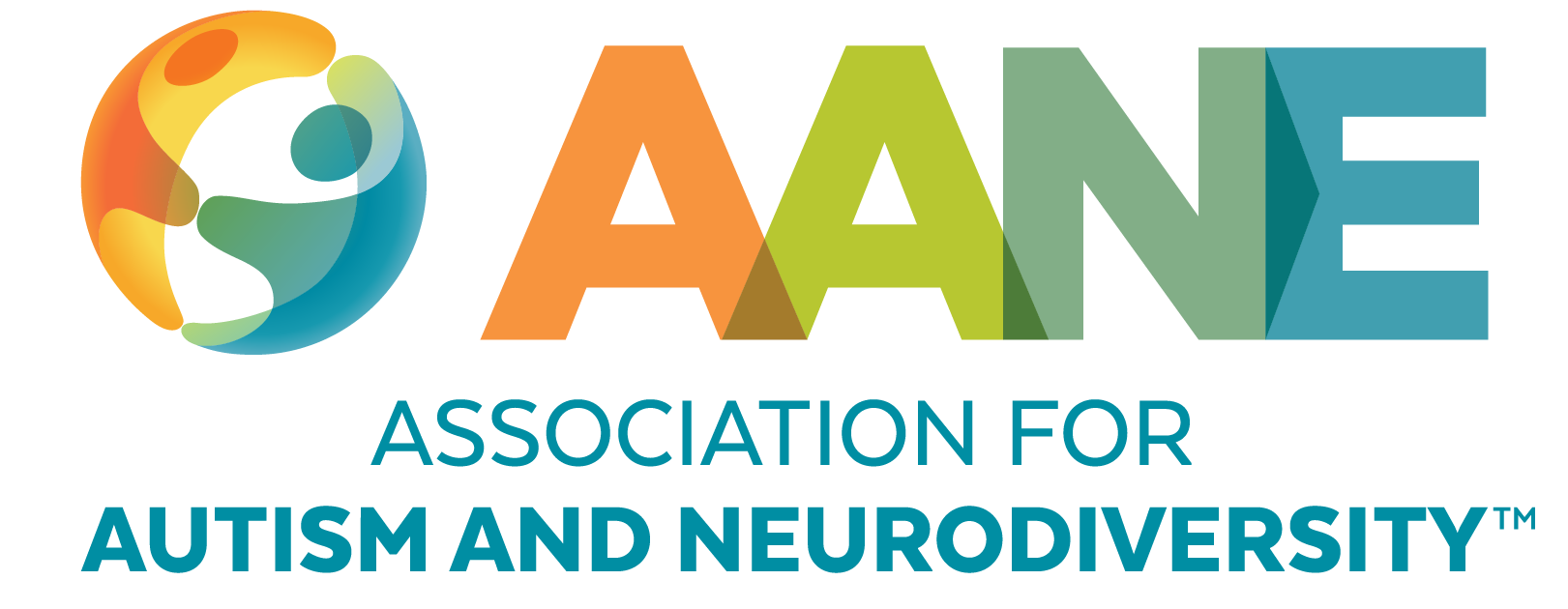
Mental Health & Well-being
Taking care of mental health is important for overall well-being.
Many Autistic individuals experience anxiety, depression, and other mental health challenges. Navigating a world that is not set up for Autistic individuals, means that experiences such as bullying, isolation, work discrimination, and sensory overwhelm are all too common. These experiences can all significantly impact mental health and well-being. Understanding the particular challenges Autistic individuals face that impact mental health is important. We are here to help you find information and support that fits your needs.
AANE does not provide emergency behavioral health services. If you are experiencing an emergency: CONTACT 911, go to your nearest EMERGENCY DEPARTMENT, visit MENTAL HEALTH AMERICA, or look for SUPPORT BY COUNTRY.
Questions about autism or AANE’s services?
Schedule a call to speak with a member of AANE’s staff, or fill out a form to be contacted by email.
Anxiety
Some people may experience heightened levels and prolonged durations of anxiety which can impact their overall well-being and daily life.
It’s important to prioritize self-care, such as engaging in activities that build a supportive community, bring joy, and offer relaxation and rejuvenation. Reach out to us for support and to explore different strategies to find what works best for you.
My Autistic Anxiety Snowball
"One source of anxiety for me is knowing that people don’t say what they mean."

Anxiety Compassion
"If you are not the person who experiences anxiety, it’s important to validate its impact."

Empathy, Trust, and Respect
Supporting People Who Experience Anxiety

Anticipation Anxiety
"It’s the feeling of panic or dread, which comes before doing something new."
Depression & Suicide Prevention
Depression is a mental health condition that affects millions of people worldwide. The prevalence of depression and suicide in the Autistic community requires honest and frequent discussion to increase awareness, remove stigma, and improve resources.
Suicide prevention is also crucial, and it’s important to know the warning signs and risk factors, and how these might present differently for Neurodivergent individuals compared to neurotypical people. If you or someone you know is experiencing suicidal thoughts, it’s important to seek immediate help from a mental health professional or crisis hotline.

I Am Not the Cloud: How I Got Through Lifelong Depression
"I was depressed for about three decades. I recall being eight years old and feeling existential weight, malaise, fatigue, and sadness, emptiness, insecurity…."

Suicide Prevention
"…we all can and should be doing more to normalize discussion around suicide risk in our families and communities and learn how to address suicide risk in an informed way when it arises."

Autism and Suicide
"Autistic people may also behave differently in a crisis than non-autistic people, causing clinicians, first responders, and other professionals to misunderstand the depth of their crisis and need for support."

Autism and Depression
"I recently read that Autistic people are 4 times more likely to experience depression over the course of their lives than non-Autistic people. I am not surprised by this statistic."
Trauma / PTSD
Autistic individuals are more likely to experience trauma and develop post-traumatic stress disorder (PTSD) than neurotypical individuals. Trauma can be caused by a variety of events, including abuse, neglect, and exclusion.
PTSD is a mental health condition that can develop after experiencing or witnessing a traumatic event. Symptoms include flashbacks, nightmares, and avoidance of triggers. It’s important to seek professional help if you or someone you know is experiencing symptoms of PTSD.

Reflections on Apologies and Tire Swings
"…. my experience as a autistic trans woman with trauma, has been one that has never quite seemed so clear-cut."

The Intersection of Autism and Trauma
"For Autistic individuals, the stigma, marginalization and misconceptions about autism can underpin many traumatic experiences."

Are Autistic Students Traumatized in School?
"Our social skills programs teach children to perform 'expected' social behaviors – it’s never considered that this might create long-term harm to the child."

Exclusion and Trauma
"Many Autistic adults and teens have shared their stories of being bullied or excluded at work, school, or family events."
Self-Regulation
Self-regulation is the ability to manage one’s emotions, behavior, and attention in order to achieve goals and navigate a variety of situations throughout life.
Autistic individuals may want support learning self-regulation strategies, like sensory regulation techniques or mindfulness practices. Sometimes it is recognizing the impact of different environments and changing them if they cause overwhelm. It’s important to develop a self-regulation plan that works for each individual’s needs and preferences.

Emotional Regulation: Perspectives from Autistic Adults
"Three Autistic adults share what they have come to understand about their own emotional regulation and the strategies they use to maintain or restore balance."

Autistic Burnout to Autism Discovery
"I already knew about autism. I just hadn’t known about myself…. Years and years of fooling myself and others, years of pretending to be neurotypical, had weighed on me until I collapsed."

Energy Equilibrium
"We all have a finite amount of energy to expend and if we continually try to move past that without replenishing it, we will burn out."

Navigating Sensory Difference
"More than just a slight irritant, some sensory sensitivities can increase anxiety, cause pain, and require a tremendous amount of energy to manage."
Interests / Creativity
Autistic individuals may have specific interests and ways of expressing their creativity. Pursuing interests and creative outlets can promote self-esteem and overall well-being.
Additionally, opportunities for Autistic individuals to connect with others who share their interests can help build social connections and a sense of belonging.

Autistic Voices on Creativity
We asked Autistic creators about the role creativity played in their lives or to tell us something about their creative process. Here’s what they shared.

Celebrating Autistic Interests
"Spending time with others who share your interests is more likely to lead to deeper and sustainable connections."

The Creativity of Dungeons & Dragons
"I think it is wonderful for Autistic people because we are often so frustrated with the neurotypical normative stuff that we’re meant to follow."

When I Think About Autism, I Think About Creativity
"Our society does value neurodivergent and creative thinkers – so many high profile, successful creative people are now coming out as autistic."
Wellness / Health
Autistic individuals may face challenges when it comes to managing their wellness and health. It’s important to prioritize taking care of yourself by setting boundaries, moving your body, and finding time for rest. If needed, it’s important to seek professional help from a doctor or therapist who understands autism.

Other People’s Expectations vs. Our Well-being
"Other people recharge in environments that drain my batteries, like going out to parties, dancing, socializing, and attending happy hours with friends and colleagues."

Rethinking Well-being
"For people who have difficulty discerning the messages their body is sending to their brain, building in regular routines to eat, move, or check if they feel unwell may help."

Supporting Exercise & Fitness Goals
"With an encouraging and supportive approach, families and professionals can help Autistic individuals create and maintain an active lifestyle that is right for them."

Emotional Regulation: Helping Our Students and Ourselves
"It is important to remember not to make assumptions about why a student is demonstrating a particular emotion or behavior."
Related Services & Programs
Stay Current
Subscribe for AANE weekly emails, monthly news, updates, and more!






